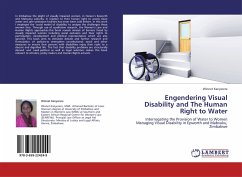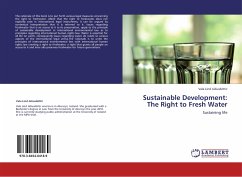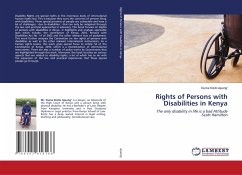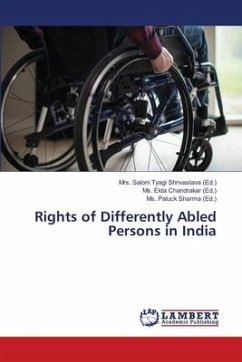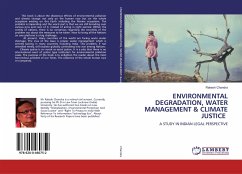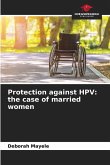In Zimbabwe the plight of visually impaired women, in Harare s Epworth and Mabvuku suburbs, in relation to their human right to access clean water and safe sanitation facilities has never been told before. In this work I employed the social model of disability to analyse the challenges these women face. Through use of qualitative research, the Women s Law and Human Rights approaches this book reveals miriads of barriers faced by visually impaired women including social exclusion and their rights to participation, development and political representation which are also ignored. This book aims to stimulate debate and further research and formulation of policies to strengthen constitutional, social and other measures to ensure that persons with disabilities enjoy their right to a decent and dignified life. The fact that disability problems are structurally derived and need political as well as legal solutions makes this book relevant to scholars, policy makers and Human Rights activists.

